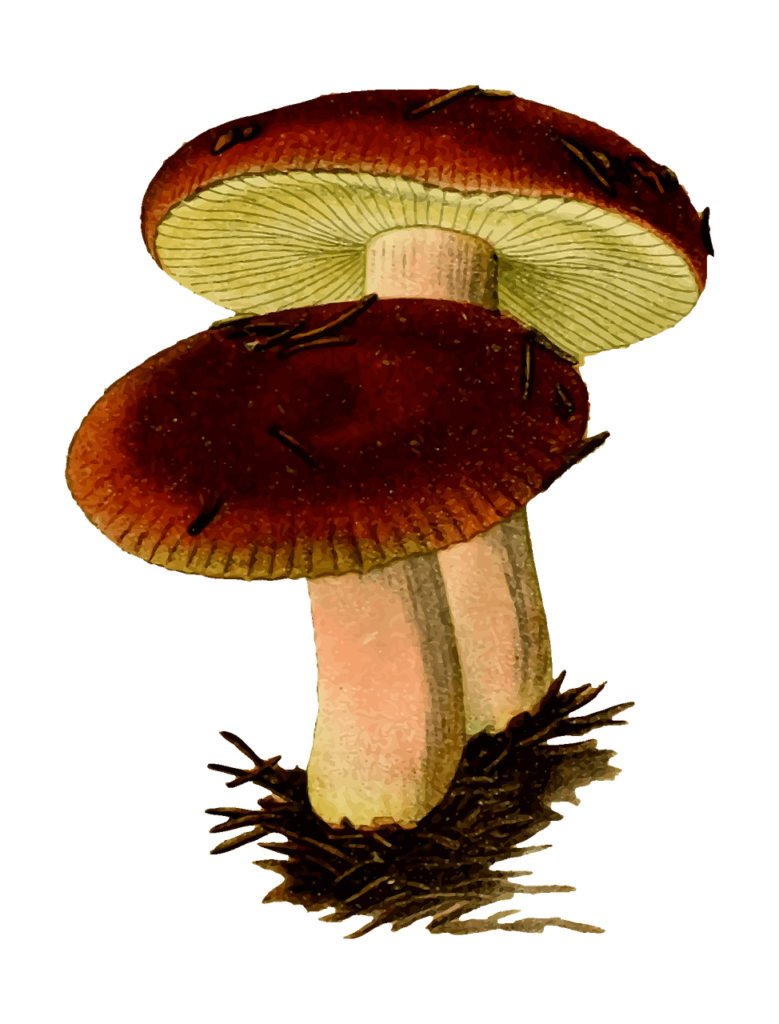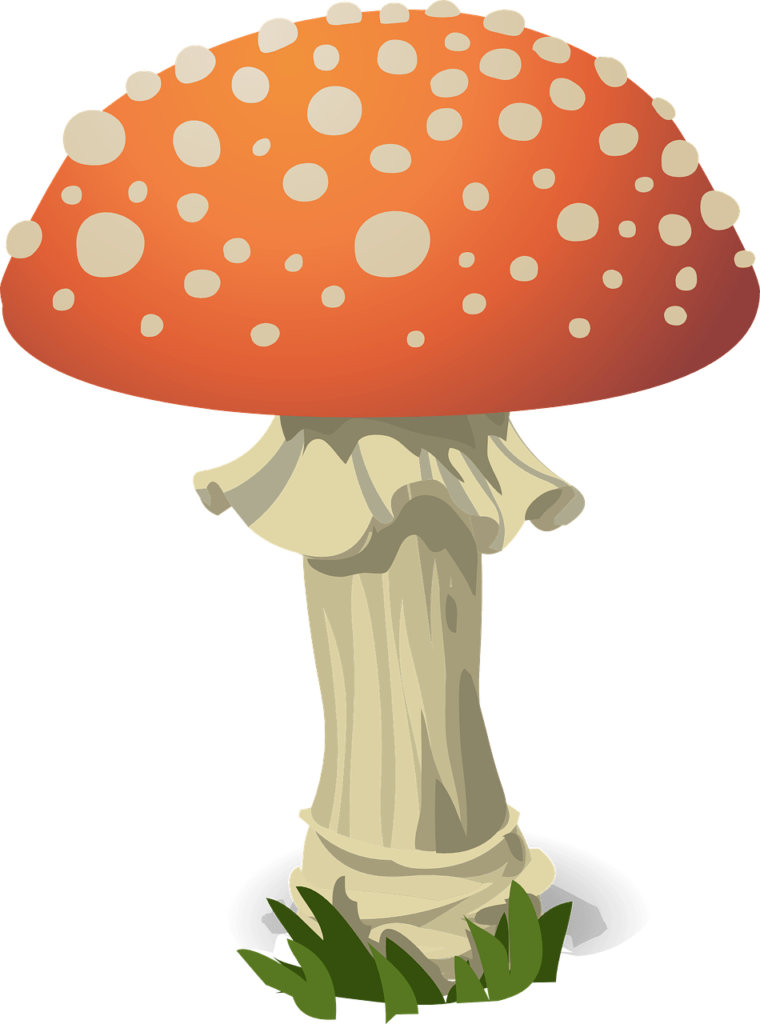Is mushroom poisoning Reversible?
Picture yourself enjoying a walk through a dense, vibrant forest, and you come across some fascinating mushrooms. You might be tempted to pick and taste them, but it’s crucial to understand the risks involved. Mushroom poisoning is a serious concern that can lead to severe health issues. However, the good news is that with prompt medical attention, the effects can indeed be reversible. In most cases, early intervention and appropriate treatment can mitigate the toxic effects, allowing for a full recovery. So, while the allure of wild mushrooms is undeniable, always exercise caution and be aware of the dangers. Have you ever wondered if mushroom poisoning is reversible? This is a critical question, especially for those who love foraging for mushrooms or experimenting with exotic dishes that incorporate wild fungi. Mushroom poisoning is more common than you might think, and knowing how to handle it can be a matter of life and death.
Understanding Mushroom Poisoning
Mushroom poisoning occurs when toxic substances from mushrooms are ingested. Not all mushrooms are unsafe, but certain varieties contain compounds that can lead to severe health issues. Understanding the symptoms, types of poisonous mushrooms, and treatment options is essential.
Types of Poisonous Mushrooms
Several species of mushrooms are notorious for their toxicity. Here are some of the most dangerous ones:
| Mushroom Type | Toxic Compound | Symptoms |
|---|---|---|
| Amanita phalloides | Amatoxins | Severe liver damage, vomiting, diarrhea |
| Gyromitra species | Gyromitrin | Nausea, convulsions, liver damage |
| Cortinarius species | Orellanine | Kidney failure, nausea, vomiting |
| Clitocybe dealbata | Muscarine | Irregular heartbeat, difficulty breathing |
Amanita Phalloides (Death Cap)
The Amanita phalloides, commonly known as the Death Cap, contains a deadly compound called amatoxin. This toxin disrupts RNA synthesis, leading to liver and kidney damage. Early symptoms include gastrointestinal distress, but without timely medical intervention, liver failure can ensue.
Gyromitra Species
These mushrooms, often referred to as false morels, contain gyromitrin. This compound can be converted into monomethylhydrazine (MMH), a toxic agent that can lead to symptoms like nausea, seizures, and liver damage.
Cortinarius Species
Cortinarius species have a toxic compound known as orellanine. This toxin specifically targets the kidneys, leading to symptoms that range from mild gastrointestinal issues to severe kidney failure.
Clitocybe Dealbata
Known for its high muscarine content, Clitocybe dealbata affects the nervous system. It can cause salivation, perspiration, and even serious symptoms like cardiovascular irregularities and breathing difficulties.
Symptoms of Mushroom Poisoning
Recognizing the symptoms is the first step toward appropriate treatment. Symptoms can vary based on the type of mushroom ingested but generally fall into several categories:
- Gastrointestinal Symptoms: Nausea, vomiting, diarrhea
- Neurological Symptoms: Confusion, seizures, hallucinations
- Liver Failure Symptoms: Jaundice, abdominal pain, severe fatigue
- Kidney Failure Symptoms: Decreased urination, swelling in legs, high blood pressure
Factors Influencing Severity
Several factors can influence the severity of mushroom poisoning, including:
- Type of Mushroom: Different mushrooms contain various toxins affecting different organs.
- Quantity Consumed: Larger quantities generally result in more severe symptoms.
- Time Before Treatment: Early treatment can inhibit the toxins’ effects and improve outcomes.
- Individual Health: Underlying health conditions can exacerbate the severity of poisoning.

Diagnosis of Mushroom Poisoning
Early and accurate diagnosis is crucial. Medical professionals typically employ several methods to identify the type and severity of poisoning:
Medical History and Physical Examination
A detailed medical history, including when the mushrooms were ingested, can provide valuable insights. Physical examination focuses on identifying symptoms and assessing their severity.
Laboratory Tests
Several laboratory tests are commonly used to diagnose mushroom poisoning:
| Test Type | Purpose |
|---|---|
| Liver Function Tests | To assess liver damage |
| Kidney Function Tests | To determine kidney impairment |
| Blood Tests | To detect toxins or their effects |
| Urine Tests | To check for the presence of toxins |
Mushroom Identification
Identifying the specific type of mushroom ingested is vital for targeted treatment. Mushroom identification can be challenging and often requires expert consultation. In some cases, mycologists are brought in to identify the type of mushroom based on its physical characteristics and habitat.

Treatment Options
The treatment for mushroom poisoning varies depending on the type of mushroom ingested and the severity of the symptoms. Here are some common treatment strategies:
Immediate Actions
Activated Charcoal
Activated charcoal can be administered to absorb the toxins in the gastrointestinal tract, preventing further absorption into the bloodstream.
Gastric Lavage
In severe cases, gastric lavage (stomach pumping) may be performed to remove undigested mushrooms from the stomach.
Supportive Care
This includes intravenous fluids to maintain hydration, medications to manage symptoms like nausea and seizures, and close monitoring of vital signs.
Specific Antidotes
Certain mushroom toxins have specific antidotes:
| Antidote | Used For | Mechanism of Action |
|---|---|---|
| Silibinin | Amanita phalloides toxins | Protects liver cells |
| Atropine | Muscarine toxicity | Counteracts parasympathetic stimulation |
| Hemodialysis | Severe renal toxicity | Removes toxins from the bloodstream |
Liver Transplantation
In cases of severe liver failure, a liver transplant may be the only life-saving option. Though drastic, it offers a chance at recovery when other treatments fail.

Is Mushroom Poisoning Reversible?
The big question remains: is mushroom poisoning reversible? The answer depends on several factors, including the type of mushroom, amount ingested, and speed of intervention.
Factors Affecting Reversibility
Early Diagnosis and Treatment
Early diagnosis and prompt treatment can significantly improve the chances of reversing mushroom poisoning. Immediate medical intervention can neutralize toxins before they cause irreversible damage.
Type of Toxin
Some toxins, like those found in Amanita phalloides, can cause irreparable damage to organs if not treated quickly. Others, like muscarine, have more readily available antidotes and thus offer a better prognosis.
Potential for Full Recovery
With timely medical intervention, many cases of mushroom poisoning are not only treatable but also fully reversible. However, delays in diagnosis or treatment can lead to prolonged illness or permanent damage.

Prevention Tips
Given the risks, prevention is always better than cure. Here are some tips to help you avoid mushroom poisoning:
Educate Yourself
Learn to identify various types of mushrooms, especially those that are toxic. Resources like guidebooks and online databases can provide valuable information.
When in Doubt, Throw It Out
If you are unsure about the safety of a mushroom, it’s best not to consume it. Erring on the side of caution can prevent serious health issues.
Use Reliable Sources
Purchase mushrooms from reputable sources. Avoid foraging unless you are experienced and confident in your identification skills.
Keep Emergency Contacts Handy
Have the contact information for local poison control centers readily available. Quick access to expert advice can prove invaluable in an emergency.

Conclusion
So, is mushroom poisoning reversible? The answer is complex and contingent on several factors, but with early intervention and appropriate treatment, many cases can be successfully managed. Always exercise caution when dealing with wild mushrooms, educate yourself about the dangers, and don’t hesitate to seek medical help if you suspect poisoning.
By understanding the risks, symptoms, and treatments associated with mushroom poisoning, you can make informed decisions and enjoy your culinary adventures without compromising your health.
